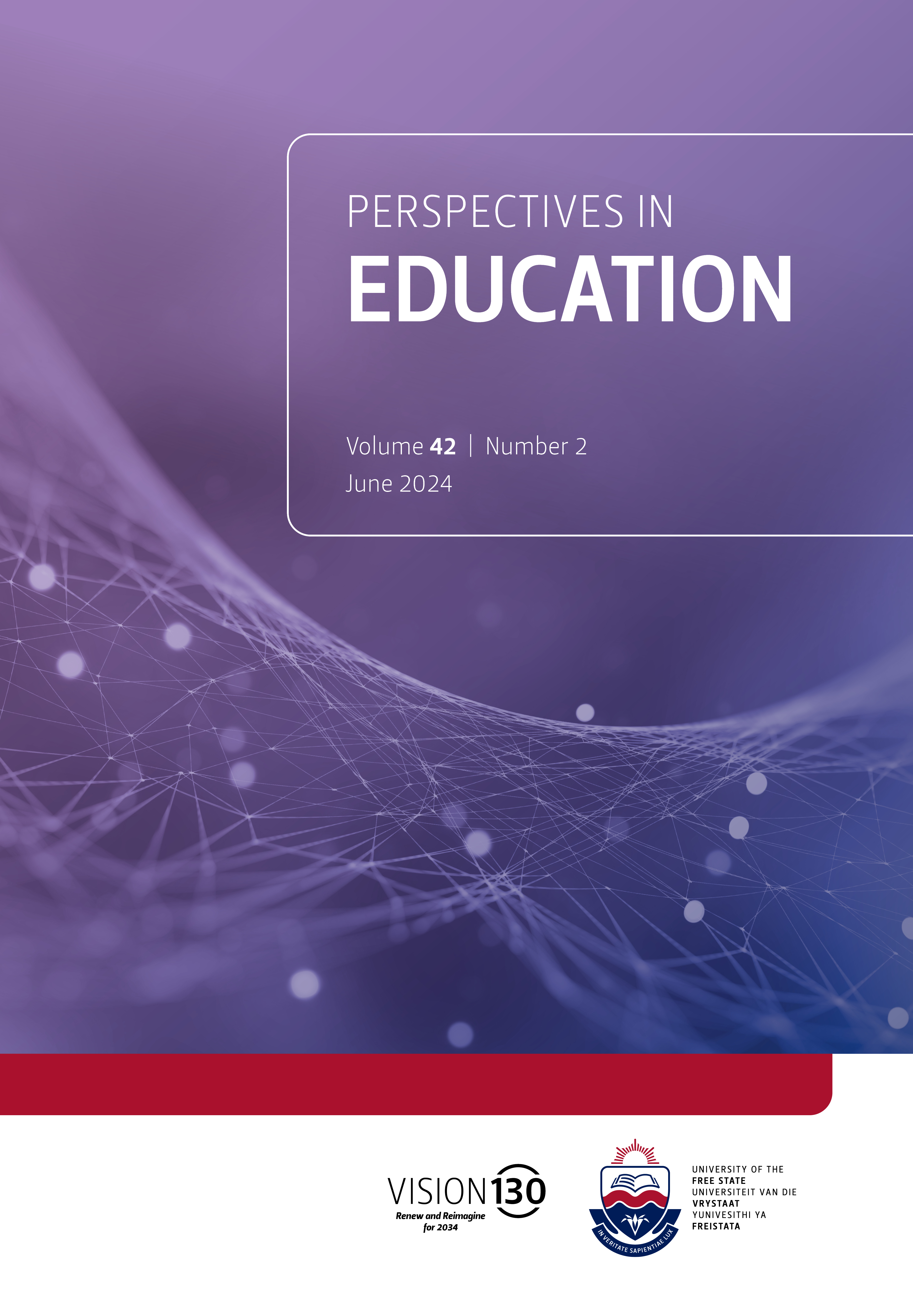Crossing boundaries: Beginner teachers transitioning from university graduates to full legitimate participants in the teaching profession
DOI:
https://doi.org/10.38140/pie.v42i2.7339Keywords:
beginner teacher, community of practice, legitimate peripheral participation, mentee, mentor, mentoring programmeAbstract
This paper stems from a broader study that foregrounded an existing mentoring programme against the backdrop of low teacher retention in the South African schooling system. It works from the premise that beginner teachers are exiting the teaching profession within the first three to five years of teaching. This research suggests that one way of addressing low teacher retention is through a formal mentoring programme that will assist in the transition from university graduates into school practitioners. Data was produced through semi-structured individual and group interviews with a principal, two mentors, and two mentees. Theoretically, we drew on the work of Lave & Wenger (1991) whose constructs of Community of Practice (CoP) and Legitimate Peripheral Participation (LPP) were used as analytical tools to frame this study conceptually. The data revealed that beginner teachers come into the profession with marked inadequacies stemming from their initial training at universities which meant that they were insufficiently prepared for the realities of schooling. Furthermore, the data reveals multiple and overlapping CoPs in operation, pointing to viewing mentoring as multidimensional and not only in dyadic terms as a relationship between a mentor and mentee as it has traditionally been viewed.
Downloads
##submission.downloads##
Published
How to Cite
Issue
Section
License
Copyright (c) 2024 Ruben Abraham Stephen Daniels , Dr. Lucinda Du Plooy

This work is licensed under a Creative Commons Attribution 4.0 International License.





